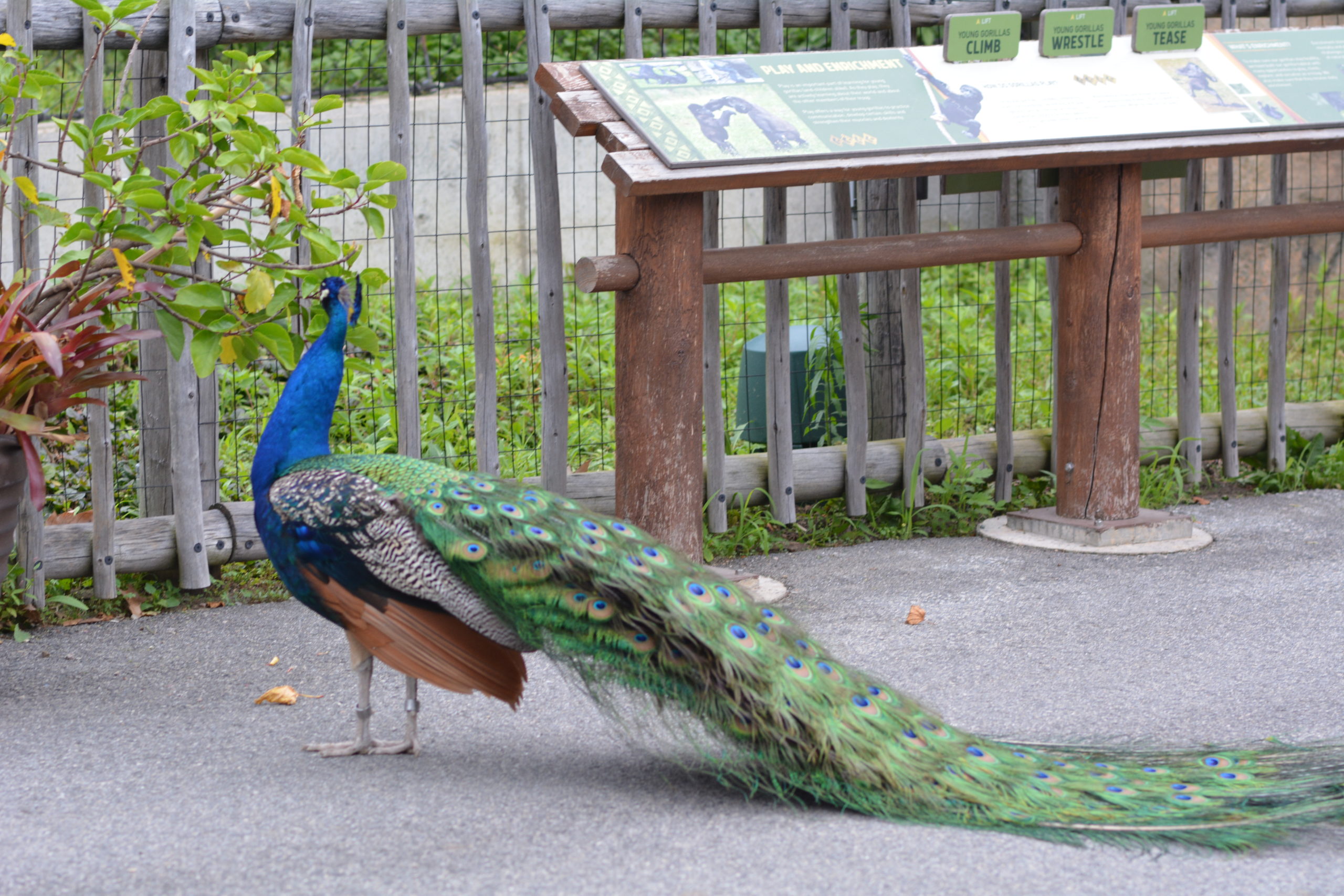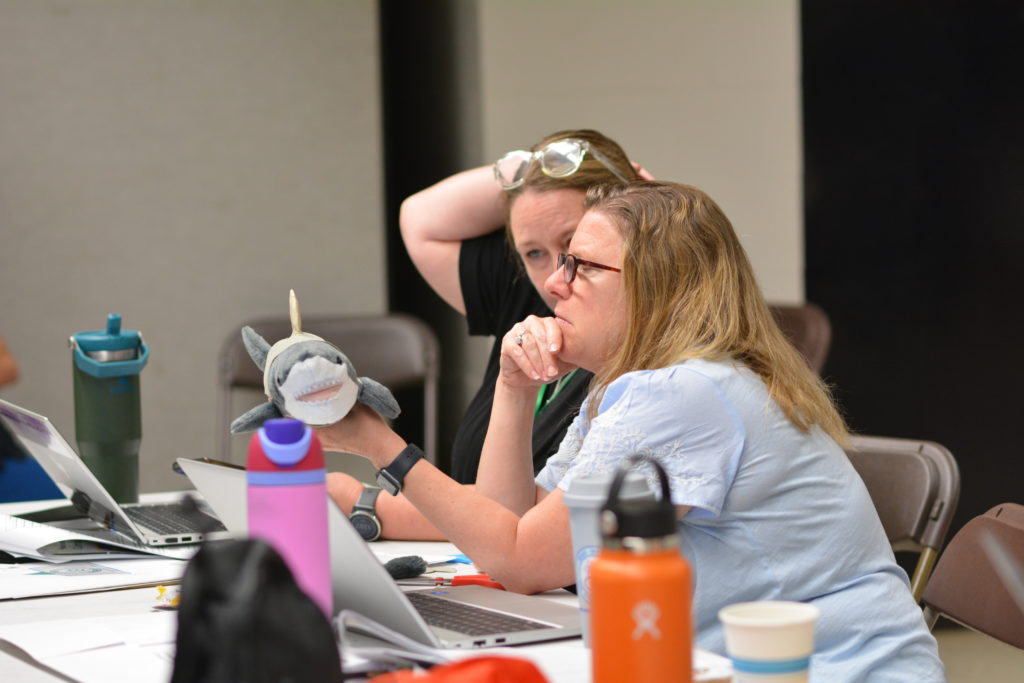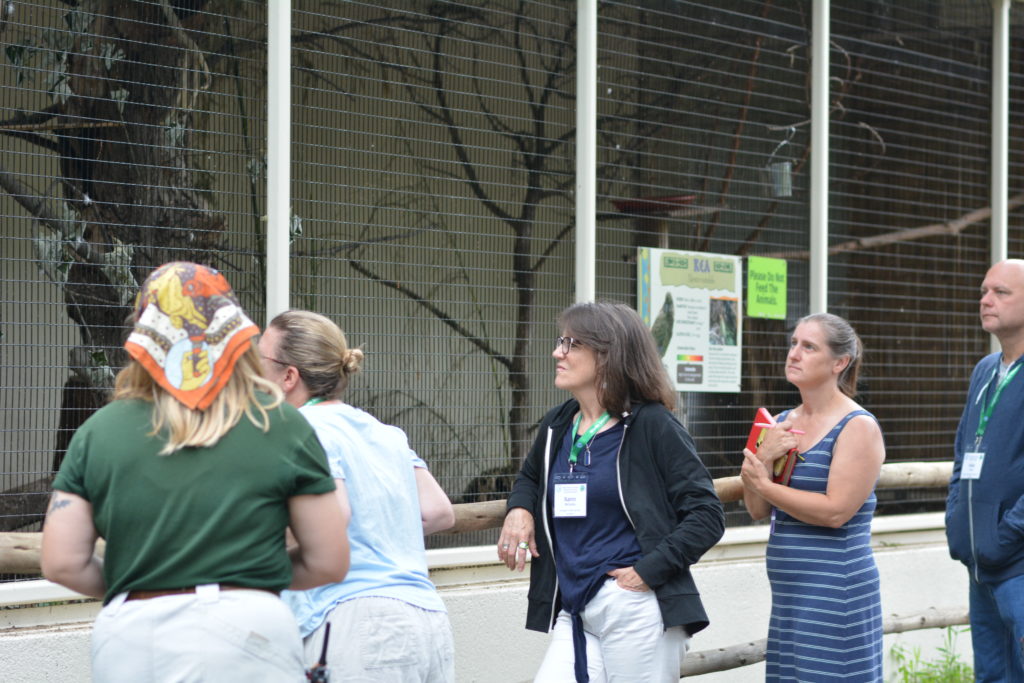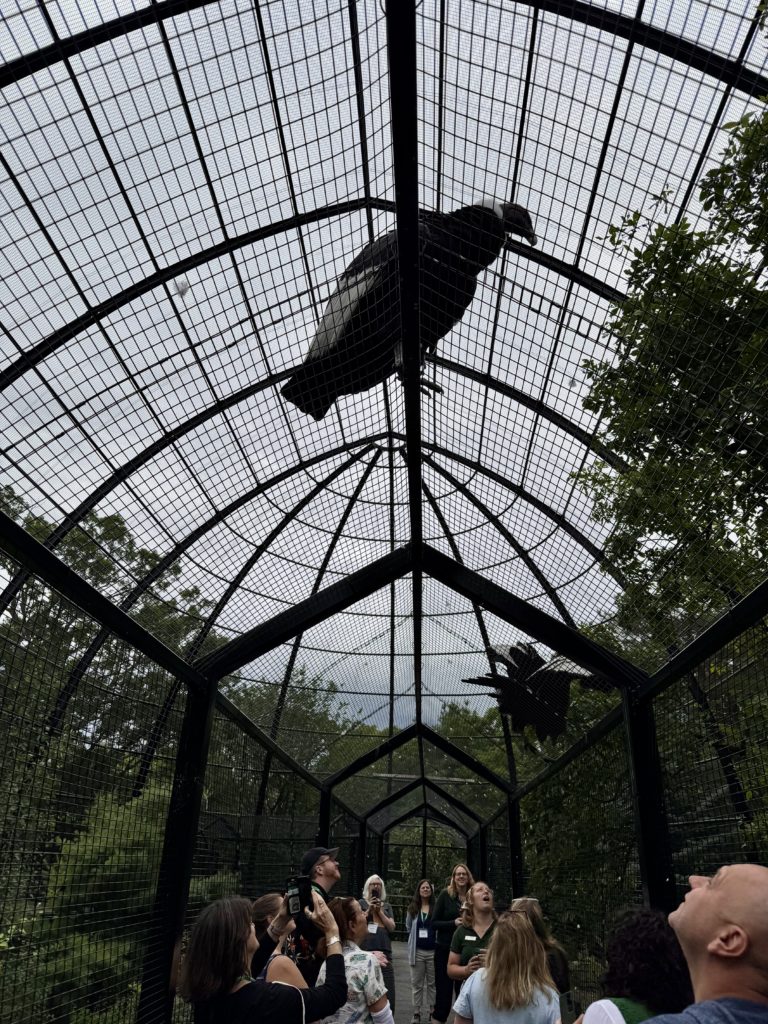Alexandra Amsden
Marketing and Social Media Specialist | Wade
How can science educators bring real-world relevance and deeper engagement into their classrooms? For a group of K–12 educators who participated in the Animal Adaptations and Bioengineering professional development workshop this June, the answer was clear: hands-on, inquiry-based experiences that blend science content with immersive learning.
Held at Franklin Park Zoo and presented by the Wade Institute for Science Education in partnership with the Lloyd Center for the Environment and Zoo New England, this two-day workshop invited teachers to explore the intersection of animal biology and engineering through an engaging design challenge: creating a model prosthetic for an injured animal.
About the Wade Institute for Science Education at Manomet Conservation Sciences
The Wade Institute for Science Education, now part of Manomet Conservation Sciences, is dedicated to providing dynamic, NGSS standards-aligned STEM professional development for K–12 educators. Founded in 1983 by science education advocate Paddy Wade, the Wade Institute has become a trusted resource for science educators seeking high-quality, hands-on learning professional development. Through both school-based offerings and location-based programs, including OpenSciEd training and Summer Professional Development Institutes, the Wade Institute supports educators in enhancing their content knowledge, instructional practice, and ability to foster inquiry in the classroom. Educators can also earn Professional Development Points (PDPs) and optional graduate credits by participating in many of the Wade Institute’s workshops and institutes, adding lasting value to their learning experience.
Who Participated?
Educators from across New England spanning elementary through high school levels came together for this workshop, unified by a shared goal: to deepen their understanding of animal biology and adaptations, and explore how engineering and design principles can enrich their teaching. The program welcomed both new and experienced teachers eager to bring new ideas and engaging content into their science classroom curriculum.
The workshop was led by a dynamic team of educators and science professionals from across Massachusetts. Kara Doherty (Education Programs Manager, Professional Learning Programs) and Margaret Brumstead (Education Specialist), both from the Wade Institute for Science Education, served as the primary facilitators, bringing their expertise in inquiry-based science education. They were joined by Dani Michaud, Education Specialist with Zoo New England, who offered insights into animal adaptations and zoo-based learning. Additional contributions came from Rachel Stronach, Executive Director of the Lloyd Center for the Environment, and Hamza Malik, Director of Research Programs & Strategic Partnerships. The curriculum, originally developed and hosted at the Buttonwood Park Zoo, was shaped with the support of Sara Van Wormer, the zoo’s Director of Education, whose input helped ensure the program’s continued success.
Workshop Highlights
Over the course of two days, educators engaged in a range of activities designed to model student-centered, experiential learning. On the first day, participants were welcomed by education staff at the Franklin Park Zoo for a guided, behind-the-scenes tour focused on animal adaptations and environmental design. Back at the classroom, teachers selected a specific terrestrial or marine species to research, developing detailed fact sheets to support their upcoming design challenge.
The second day focused on the engineering design process. Participants began with an anatomy-focused activity, matching biofacts to species and diet classifications. After this activity, educators were paired into teams and were “hired” by a fictional bioengineering firm to create a functional prosthetic for an injured animal. Teachers sketched their designs, received feedback from facilitators, and worked within a limited budget to “purchase” materials and construct their prototypes. Midday, the group toured Bird’s World and the Andean condor habitat, observing avian movement and behavior to inform their own prosthetic designs.
Throughout the workshop, educators applied scientific knowledge to solve problems, collaborated with peers, and considered how to adapt the experience for their own classrooms. One participant noted, “I loved the lessons for prosthetics. It’s very adaptable for my students.” Another added, “Seeing the real animals gave me ideas for a biomimicry project…designing your own species could be a great student activity.”
Why It’s Different
The Rise to the Challenge series from the Wade Institute focuses on integrating engineering and design into science instruction through hands-on, authentic learning. What sets this program apart is its emphasis on inquiry-driven exploration and the opportunity for teachers to experience learning as their students do through observation, questioning, problem-solving, and creativity.
Rather than presenting a ready-made curriculum packet, the workshop challenged educators to think critically and construct meaning through active participation. By working through the design process themselves, teachers gained insight into how to support their students’ thinking, troubleshoot misconceptions, and cultivate a classroom culture that values experimentation and resilience. At the end of the workshop, educators received a full set of materials and curriculum resources, empowering them to implement the challenge in their own classrooms.
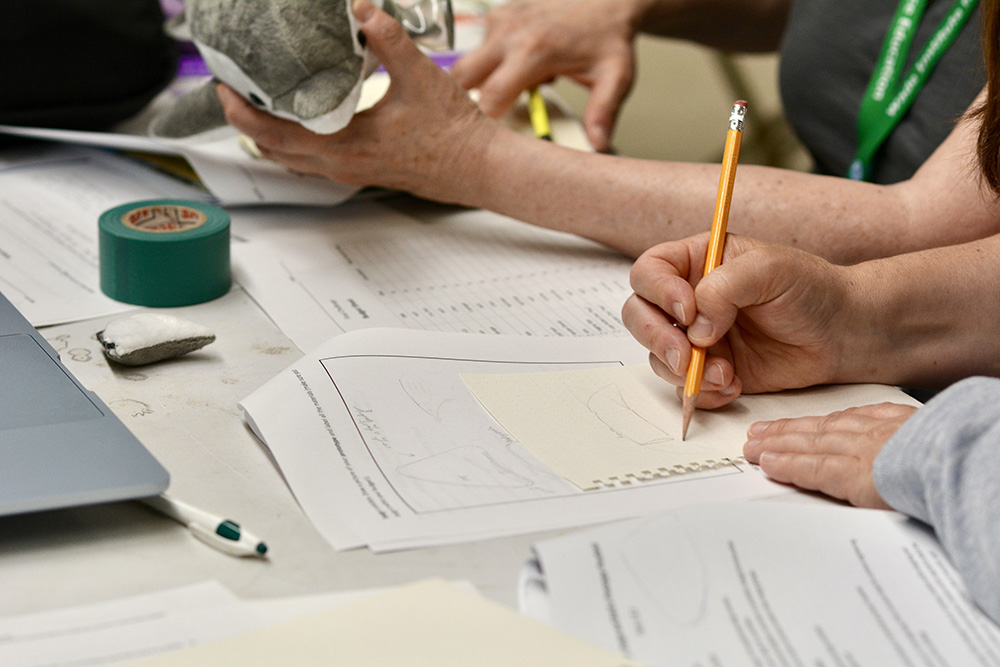
A Lasting Impact
The program concluded with group presentations, in which educators shared the stories of their prosthetic designs: how their animal was injured, what adaptations were needed, and how their prototype would help. From mountain goats requiring better balance because of an injured foot to hammerhead sharks injuring their dorsal fin, the resulting projects showcased not only bioengineering understanding, but innovation and collaboration.
Programs like this exemplify the Wade Institute’s commitment to meaningful professional learning. By immersing teachers in the practices of science and engineering, these workshops build the confidence and creativity educators need to transform their classrooms, and spark a lifelong curiosity in their students.
For more information or to register for one of our upcoming Summer Professional Development Institutes, visit the Wade Institute website at www.wadeinstitutema.org.





 Back to all
Back to all